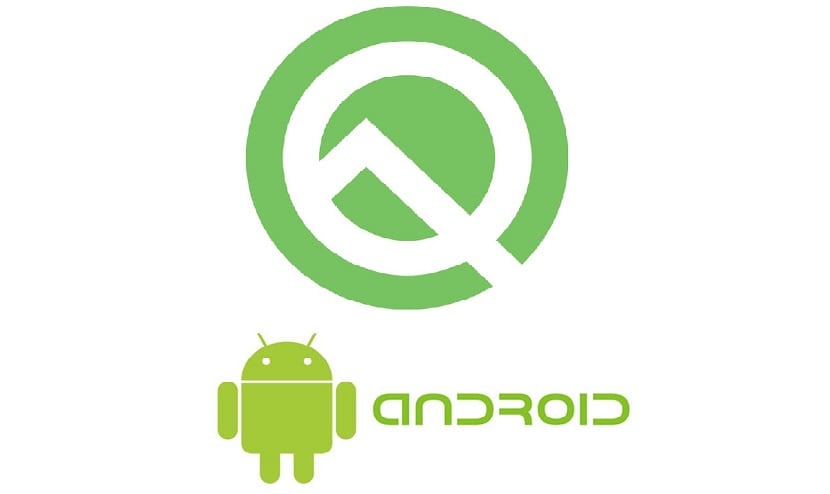
Google has presented the second beta version of Android Q, to evaluate the new features of the platform, a beta testing program has been proposed, within which experimental branch can be installed and kept up to date Through the regular update installation interface (OTA), without the need for manual firmware replacement.
The updates of this second beta version of Android Q are available for Pixel, Pixel XL, Pixel 2, Pixel 2 XL, Pixel 3, and Pixel 3 XL devices.
Besides that April Android security bug fix released, eliminating around 100 vulnerabilities, of which 74 were found in closed components for Qualcomm chips.
10 vulnerabilities assigned a critical level of danger and the rest a high level of danger. 2 critical vulnerabilities are eliminated in the multimedia framework and allow it to execute code while processing specially crafted multimedia data.
One issue is in the Bluetooth stack that allows remote attack via Bluetooth.
The remaining 7 critical vulnerabilities are revealed in the drivers and proprietary components of Qualcomm chips. Most of these problems allow you to perform a remote attack to execute your code on the system
Main changes of the beta 2 of Android Q
With the arrival of this second release of Android Q beta, we can see that this introduces a new storage repository that provides isolation for application files.
Using this API, an application can create on external drives (for example on an SD card) a separate isolated directory for its files that other applications cannot access.
The current application will be limited to this directory to store photos, videos and music and will not overlap with general collections of media files. Individual access to shared file collections will need to be shared.
Bubbles
The concept of "Bubbles" has been added in Android Q Beta 2 to organize simultaneous work with multiple applications.
Bubbles Its main focus is to perform actions in other applications without exiting the current program.
In addition, Bubbles provides the opportunity to ensure access to the functionality of an application particularly in the process of performing various actions on the device.
For example, by using bubbles, you can continue the conversation on messenger in the form of buttons displayed at the top of the content, send messages quickly, keep a to-do list in mind, keep notes, access translation services, and receive vivid reminders simultaneously with other apps.
Bubbles they are implemented on top of the notification system and allow the use of a similar API.
Other changes
Of the other changes that can be highlighted that differ from the first beta to this new release, it is that we can find a new device emulator with folding screens to the SDK, which is available in the trial version of Android Studio 3.5 in the form of an additional virtual device.
This is presented in versions with 7.3 (4.6) and 8 (6.6) inch screens. On the platform for folding devices, onResume and onPause controllers expanded adding support for separate disconnection of multiple displays, as well as advanced notifications when the application was focused;
The implementation of shortcuts for sending data and messages has been expanded, allowing you to quickly switch to the sending application. In the second beta version, it is possible to preview the submitted content.
Finally, we can also highlight that the MicrophoneDirection API was added to control the audio capture from directional microphones.
By using this API, you can specify the orientation direction of the microphone when recording sound. Through the specified API, it is also possible to control microphones with variable coverage area (with zoom), determining the size of the area to be recorded.
Android Q, when will it be among us?
The launch of Android Q is expected for the third quarter of this year 2019.